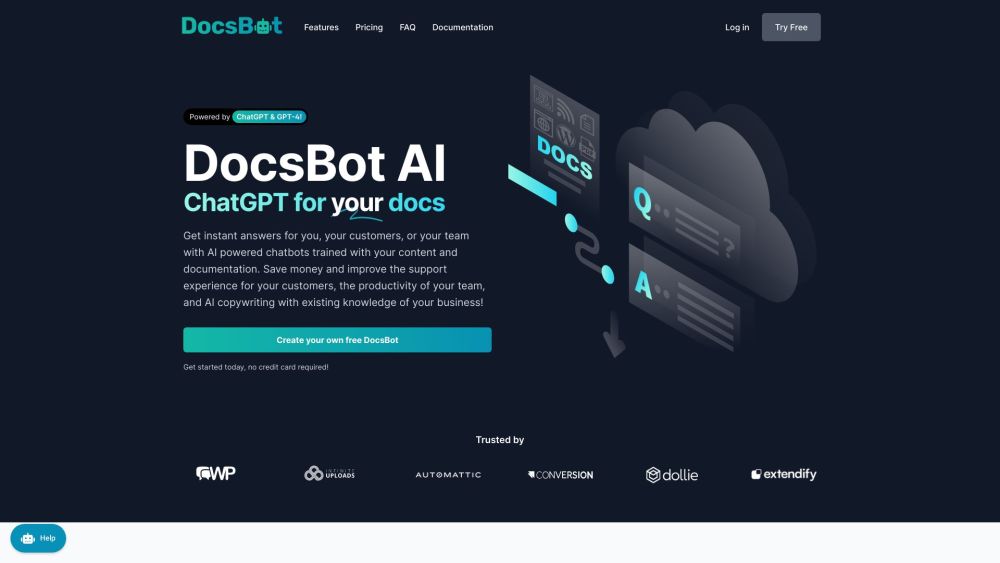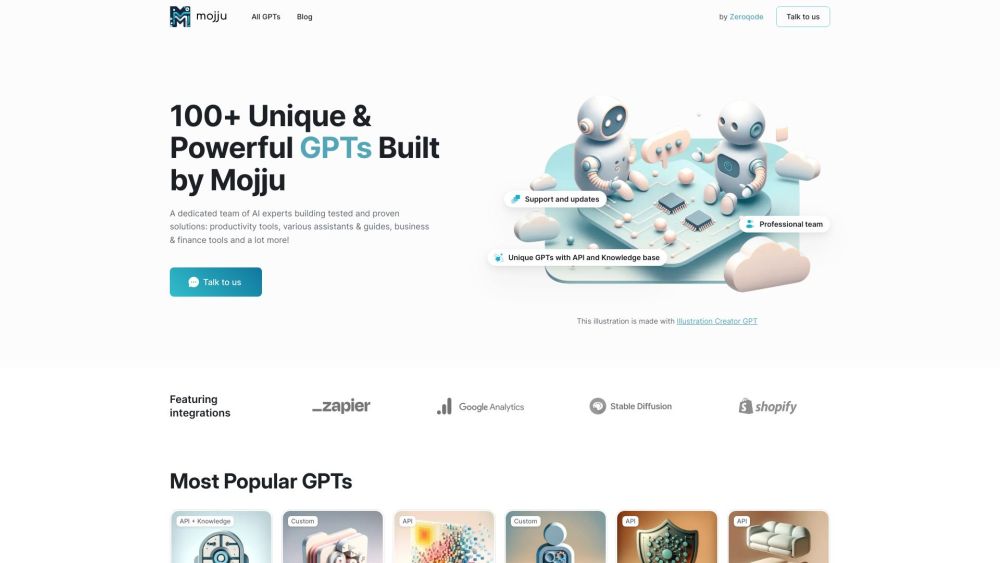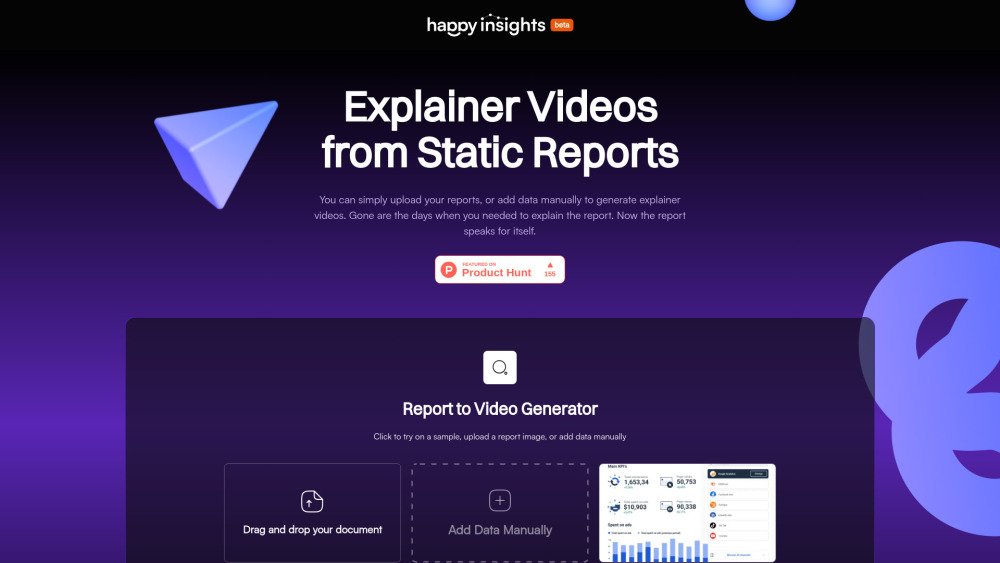Software Asset Management: A Key Evolution in Enterprise IT
Software asset management (SAM), a crucial component of enterprise IT focused on helping businesses save costs, is attracting significant investment. Recently, Stockholm-based startup Xensam announced a funding round of $40 million, marking its first external investment since its inception eight years ago. The funding comes from Expedition Growth Capital in London.
Oskar Fösker, the CEO and co-founder alongside his brother Gustav, the CTO, explained that these funds will enhance their AI technology, expand their workforce, currently at 100 employees, and facilitate entry into the U.S. market.
While the valuation remains confidential, Fösker confirmed that he and his brother retain majority ownership. Xensam currently serves 200 clients, including notable names like Volvo’s Polestar and Northvolt, experiencing an impressive annual recurring revenue growth rate of 126%. However, the company has not disclosed its exact revenue figures.
The realm of software access management—also referred to as software expense management or software license management—has become increasingly competitive, addressing critical challenges for organizations. In 2023, nearly $900 billion was invested globally on enterprise software. Experts suggest that with the rise of cloud computing and software-as-a-service (SaaS), larger organizations may manage hundreds or even thousands of software licenses.
Effectively managing software licenses impacts various business areas, including spending, productivity, and security, driving a surge of startups and established tech firms to develop solutions for tracking software usage comprehensively.
Xensam emerged from this competitive landscape, with the Fösker brothers previously part of Snow Software, a prominent player in the SAM sector. They identified a gap in the market while observing Snow’s challenges in keeping up with rapid technological advancements in AI-driven SaaS usage tracking.
“As we analyzed the industry, it became apparent that a gap was forming, and there were no intentions to address it,” Fösker noted. “This gap needed to be filled by a dedicated SaaS player.”
Contextual factors regarding valuations and market attention further illuminate this space. Flexera, a major competitor of Snow Software, acquired it last year after Snow sought a valuation near $1 billion. Flexera itself was valued at around $3 billion in 2020 following its acquisition by Thoma Bravo. Other notable transactions include IBM's acquisition of Apptio for approximately $4.7 billion.
Xensam’s strategy centers on harnessing AI technology to provide a comprehensive view of software utilization across an organization’s network, offering real-time insights into thousands of applications used in both cloud and on-premises environments.
“We leverage AI for multiple aspects of our technology,” Fösker stated. “It's instrumental in processing vast amounts of data through our software normalization procedures.” This normalization process converts raw data into standardized applications enriched with metadata. The challenge of managing software usage effectively lies in overcoming the silos that restrict access to vital usage information, which can lead to unwarranted spending or potential security vulnerabilities.
Xensam's ability to streamline and clarify this complex landscape has differentiated it from competitors. “This clarity is a key reason we’ve outrun the competition,” Fösker remarked. Additionally, the startup employs AI on its front end, with a chatbot capable of interacting with the system and generating custom reports based on established software licensing rules.
While Fösker refrained from sharing specific upcoming product launches or remaining market gaps, he indicated that more offerings are planned for release in the second quarter.
The experience at Snow influenced the brothers to bootstrap their venture until now. “We believe reliance on external funding through rounds like Series A, B, etc., is an unstable model. It hinges too much on external conditions,” he explained. “We aimed for financial stability to ensure our sustainability.”
Ultimately, their venture into VC funding was driven by a clear understanding of their business model. “We’ve observed many firms raise funds and lose their unique culture while becoming excessively growth-oriented,” Fösker said. “Finding an investor like Expedition, who aligns with our cultural values, was essential.”
Expedition sees itself as an early-stage investor, often collaborating with bootstrapped founders, enabling them to appreciate the unique mindset that comes with that experience.
“Xensam stands out as one of the most impressive growth companies in Europe,” stated Oliver Thomas, founder and managing partner at Expedition Growth Capital. “In nearly eight years, they have developed a critical solution that empowers large companies to effectively monitor and manage software usage. We are thrilled to partner with them as their first external investor and look forward to contributing to their growth trajectory.”




